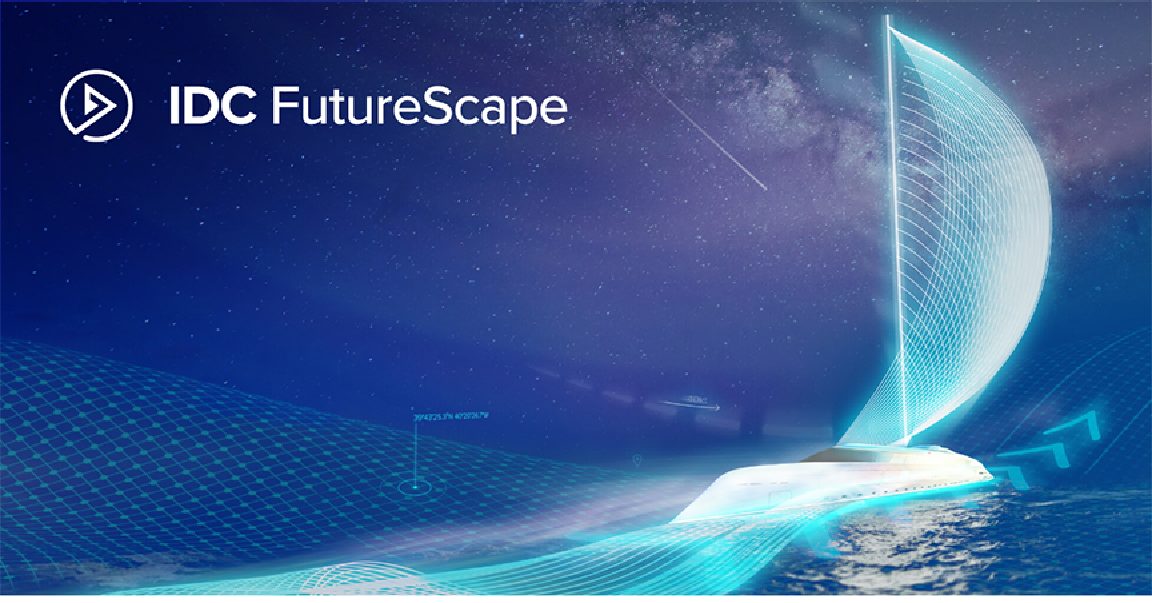IDC’s survey data reveals that enterprise intelligence is a key driver for growth for organizations of all sizes, across all industries and geographies. Organizations that invest in enterprise intelligence can expect to see three clear benefits – improved decision-making, greater knowledge, and more efficiency. These benefits, in turn, drive improved financial, employee, customer, and offering outcomes.
According to IDC’s Future of Intelligence survey data, 60% of organizations that scored highest on IDC’s enterprise intelligence index scale experienced major improvements in decision-making (compared to 1% of organizations with poor enterprise intelligence). Almost half (47%) of organizations that scored well in enterprise intelligence increased customer acquisition by 10% or more (compared with 10% of those with poor enterprise intelligence).
Enterprise intelligence also helps with digital resiliency, agility, and innovation. As our survey data shows, organizations with high enterprise intelligence are more resilient in the face of volatility and outpace their peers in business performance.
Top 10 Predictions: Future of Intelligence
IDC’s top 10 predictions highlight the trends we expect to impact the four pillars of enterprise intelligence:
- The ability to synthesize information
- The capacity to learn from the information
- The ability to apply those insights at scale
- A data-driven culture, built on a foundation of technology, that enables all of the above
Prediction 1: By 2025, 10% of F500 companies will incorporate scientific methods and systematic experimentation at scale, resulting in 50% increase in product development and business planning projects — outpacing peers.
Prediction 2: By 2023, 70% of F1000 enterprises will be involved in intercompany intelligence sharing, based on common standards, values, and goals, strengthening mutualism in ecosystem relationships by 50%.
Prediction 3: 40% of the G2000 will double the use of intelligent automation in knowledge retention, dissemination, and information synthesis by 2026, filling the skills vacuum in the data to insights life cycle.
Prediction 4: By 2026, 30% of organizations will use forms of behavioral economics and AI/ML-driven insights to nudge employees’ actions, leading to a 60% increase in desired outcomes.
Prediction 5: A lack of meritocracy-based data culture will erode trust in management, reducing employee satisfaction and increasing turnover in two-thirds of mid to large enterprises by 2024, exacerbating skills gaps.
Prediction 6: By 2023, 60% of enterprise intelligence initiatives will be business specific, purpose built for business, shortening the data to decisions time frame by 30%, driving higher agility and resiliency.
Prediction 7: By 2024, 30% of the G2000 will leverage post-pandemic automation initiatives, with the role of the middle manager evolving to that of a visionary, curator, and connector, driving collective intelligence.
Prediction 8: By 2025, to reduce reputational risks, 40% of G2000 companies will be forced to redesign their approaches to algorithmic decision making, providing better human oversight and explainability.
Prediction 9: By 2026, advances in computing will enable 10% of previously unsurmountable problems faced by F100 organizations to be solved by super-exponential advances in complex analytics.
Prediction 10: By 2025, three-fourths of large enterprises will face blind spots due to a lack of intelligent knowledge networks and the harmonization they provide between localized and centralized intelligence.
Interested in learning more? Watch IDC’s on-demand webinar, IDC FutureScape: Worldwide Future of Intelligence 2022 Predictions.




